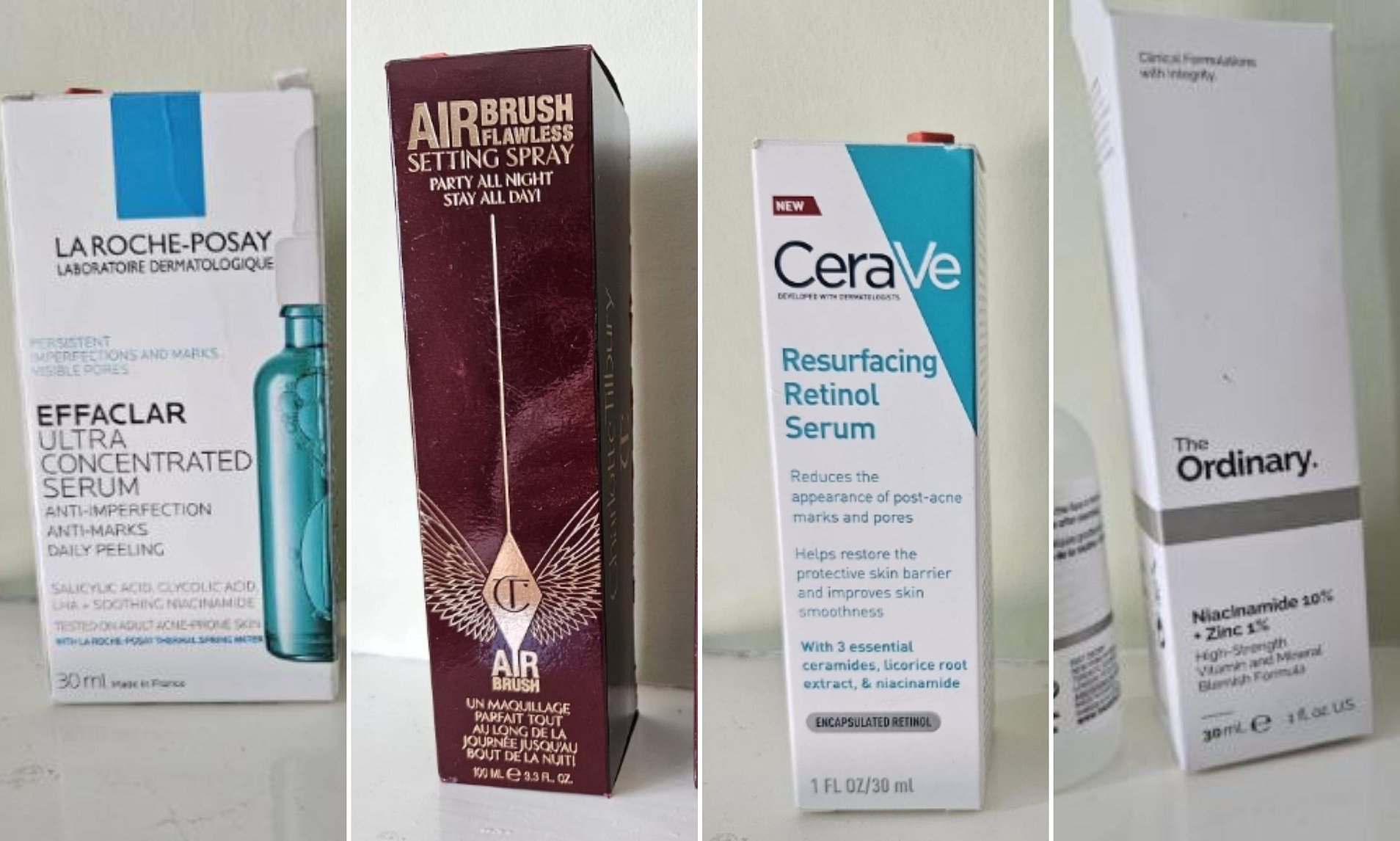
The Hidden Dangers of Counterfeit Cosmetics
A recent study has revealed that a significant number of cosmetics sold by third-party sellers on popular online platforms like Amazon, eBay, TikTok, and Vinted are counterfeit. These fake products may contain harmful substances and pose serious health risks to consumers. Researchers have described their findings as 'alarming,' warning that people tempted by discounts on counterfeit designer goods could suffer from toxic ingredients.
The investigation involved purchasing 34 makeup and skincare products from various online marketplaces. These items were advertised as being from well-known brands such as Charlotte Tilbury, La Roche Posay, Maybelline, MAC, and The Ordinary. After thorough checks, researchers found that 23 out of the 34 items (67%) were likely to be counterfeit.
Platform-Specific Findings
The results varied across different platforms. On Amazon, four out of 11 products were identified as fake. On eBay, eight out of 11 products were deemed counterfeit. The situation was even more concerning on TikTok Shop, where all five products purchased were fake. Similarly, all six items bought on Vinted were also counterfeit.
Doctors warn that using counterfeit cosmetics can lead to severe health consequences. Previous investigations have uncovered fake beauty and hair products containing harmful substances such as animal faeces, urine, arsenic, lead, and mercury. These ingredients can cause skin irritation, infections, or even chemical burns.
Risks of Unregulated Products
Dr Aamna Adel, a consultant dermatologist, highlighted the dangers of unregulated counterfeit products. Even if they contain genuine active ingredients, these products may be incorrectly formulated, leading to potential harm. In contrast, legitimate cosmetics undergo rigorous safety checks and are manufactured under controlled conditions.
Which? researchers found that many of the counterfeit items were difficult to detect at first glance. For example, a bottle of Charlotte Tilbury Airbrush Flawless Setting Spray appeared authentic but had a distinct floral scent that differed from the genuine product. A MAC Macximal silky matte lipstick in shade Ruby Woo purchased from Vinted had packaging similar to the original, but the lipstick itself had a smudged logo that did not match the real one.
Another example was a La Roche Posay Effaclar Serum purchased on Vinted, which smelled like shampoo and had different text on the box. When researchers bought discounted CeraVe Resurfacing Retinol Serum from Amazon, eBay, and Vinted, all three products came in different packaging than the genuine version and lacked expected safety markings. The serum was also difficult to extract and had an unusual consistency and color.
Popularity of Fake Products
The Ordinary product listings were among the most popular in the study. Two listings on eBay had collectively sold over 2,600 items, while nearly 1,000 were sold on TikTok Shop. This was surprising given that these products were among the most affordable in the investigation, with prices below £10.
Phil Lewis, Director General of The Anti-Counterfeiting Group, noted that even on cheaper fake products, profit margins are extremely high, making it crucial for consumers to remain vigilant, even when discounts seem reasonable.
Calls for Action
Which? is urging the government to reform the enforcement system and advising shoppers to be cautious when purchasing items from online marketplaces. The organization recommends buying directly from brand websites or affiliated retailers to ensure authenticity and safety.
Rocio Concha, director of policy and advocacy at Which?, expressed concern over the high volume of potentially dangerous counterfeit cosmetics found on popular online marketplaces. She emphasized that consumers should have the same confidence in online purchases as they do with high street items. However, the risk of buying untested and unregulated products remains significant.
Trading Standards needs to take decisive action to prevent counterfeit products from entering homes. However, due to limited resources and competing demands, counterfeit investigations are often deprioritized. The government must ensure that online marketplaces have clear duties to prevent the sale of counterfeit goods and commit to reforms that make the consumer enforcement system fit for the 21st century.
Responses from Online Retailers
Online retailers have stated that they prohibit the sale of counterfeit items and take steps to prevent fakes from being sold. L’Oréal Groupe, which owns several brands including CeraVe, La Roche Posay, L’Oreal, and Maybelline, emphasized its commitment to fighting counterfeiting to protect consumer health and brand integrity. The company collaborates with law enforcement agencies and online platforms globally.
Charlotte Tilbury and The Ordinary did not respond to requests for comment.


Posting Komentar